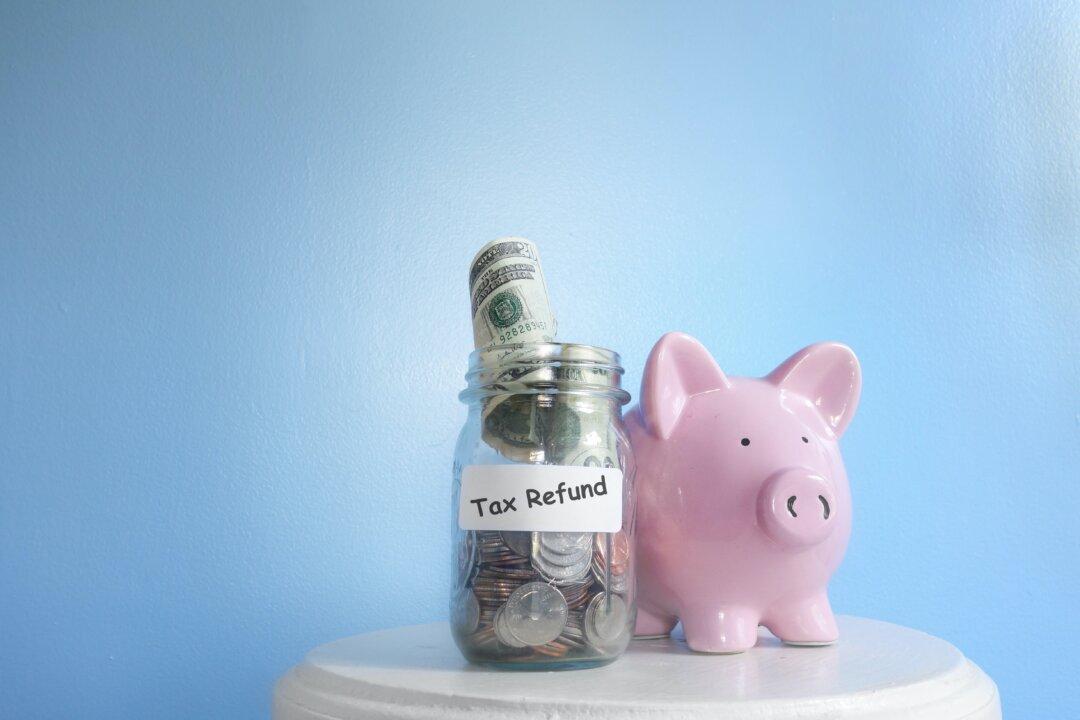A friend of mine is the comptroller of a small corporation. As such, she is required to handle all aspects of that company’s finances including payroll. She takes the opportunity to figure and tweak the withholding from her own paycheck to reach her goal of neither owing taxes nor being due a refund on April 15. She’s really smart and fortunate to be able to track this so closely. Her goal is to always come within $100 of her total tax liability after itemizing her tax return. And she does.
I always wince with pain when someone tells me they’re getting thousands of dollars in a tax refund. And it’s even worse when they do so with such gusto and pride -- like it’s some kind of savings account. A righteous accomplishment. And invariably, this is a person who carries credit card debt, convinced that they need that card “just in case of emergencies,” followed by, “Hey, emergencies happen!”





